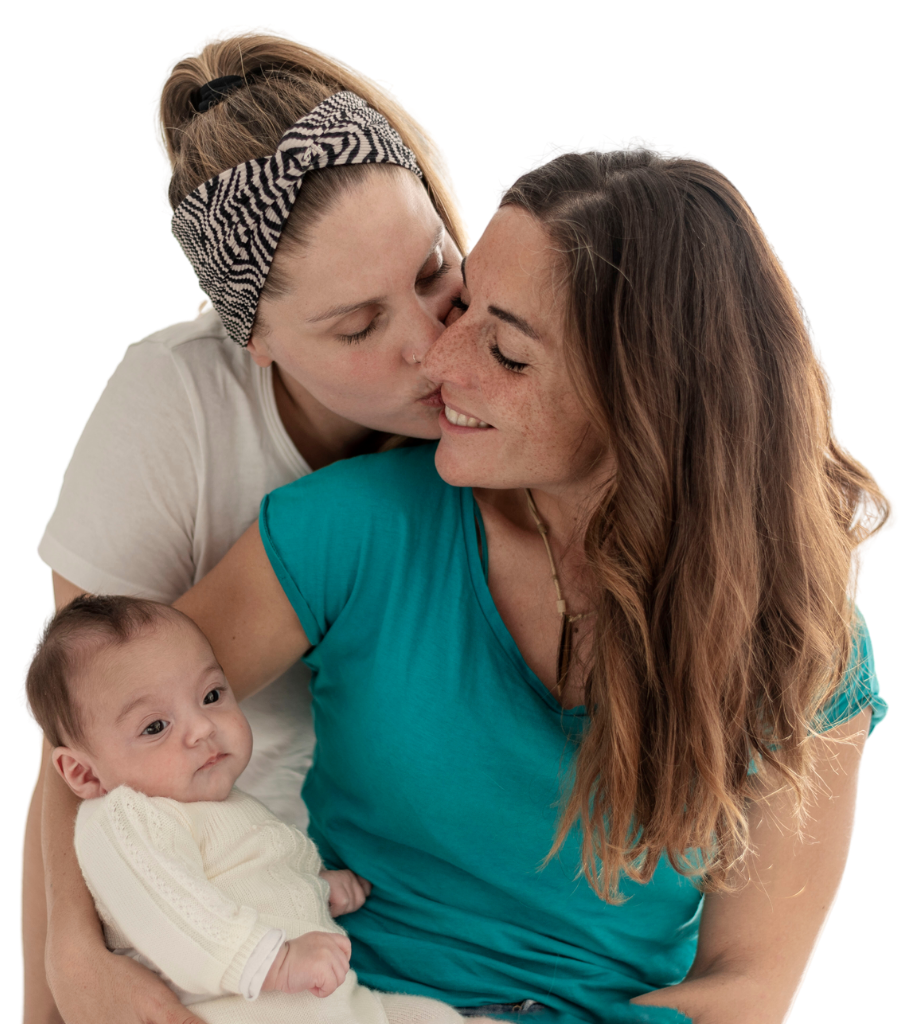Most pregnant women know what to do to protect their unborn babies. Avoid caffeine and alcohol, don’t eat raw meat, don’t sit it a hot tub or sauna, don’t clean the cat litterbox, etc. But did you know there are things you can do while you’re trying to get pregnant (or even thinking about trying) that could enhance your fertility and help make sure your pregnancy is the healthiest it can be?
While many things that are our of our control when it comes to fertility and pregnancy, we can control our lifestyle choices. Here are some tips for self-care along your journey to have a family.
Get Your Weight Under Control
If your Body Mass Index (BMI) is either too low or too high, you are more likely to experience fertility problems. Not only can being either overweight or underweight decrease a woman’s chances for becoming pregnant, it can also increase your risk for miscarriage or other complications.
Quit Smoking
Smoking poses a lot of health risks whether you are trying to conceive or not. But for women who are trying to get pregnant, smokers are at increased risk for an ectopic (tubal) pregnancy, preterm birth, low birth weight, placental abruption and some birth defects. Kicking the habit now will not only improve your own health, but the well-being of your newborn.
Limit Caffeine and Avoid Alcohol Altogether
Despite some misinformation out there, if you are pregnant or trying to conceive, no amount of alcohol is considered safe. The smart choice is to give up drinking temporarily while you’re on your fertility journey. Caffeine up to 200 mg a day is considered safe, so you can still enjoy an occasional cup of coffee.
Eat Healthy
Prepare and strengthen your body for pregnancy by eating a healthy diet now. Plan to have at least five servings of fruit and vegetables every day. Choose whole grains and unsaturated fats. Make your own meals so you know exactly what you’re putting in your body. Avoid processed foods, and consider buying organic foods whenever possible.
Get Active
The more fit and healthy your body is before a new life starts blossoming inside you, the better you can expect your pregnancy to be. In fact, regular exercise before and during pregnancy decreases your risk for gestational diabetes. It also can make labor and delivery easier. If you have any concerns about the type of exercise you want to do, or for guidance on how often you should work out, check with your doctor.
Get Up to Date on Your Vaccinations
Get a flu shot, and make sure your tetanus shot is up to date. We also highly recommend the COVID vaccine. All research shows that it is safe in both pregnant women and those who are trying to get pregnant, and has no impact on fertility. We also suggest you get vaccinated for chickenpox and rubella (German measles) if you were not vaccinated for them as a child — an infection during pregnancy could cause serious health problems for both you and your baby.
Take Care of Your Teeth
Taking care of your dental hygiene is important prior to pregnancy. Make sure you brush and floss two to four times a day. Get regular dental cleanings and X-rays so you can address any issues with your teeth and achieve optimum oral health before you conceive. Hormonal changes during pregnancy can increase your risk for gum disease, which can also affect your baby.
Get Genetic Testing
Before you start trying to have a baby, find out what health issues you could potentially pass on to your future child. For example, conditions such as cystic fibrosis or sickle cell disease can affect a child if both parents are carriers. You may need to see a specialist if your family history includes high-risk or complex diseases, but your OB/GYN can do simple genetic testing to detect the most common conditions.
Take a Daily Prenatal Vitamin
You don’t have to wait for a positive pregnancy test to start taking prenatal vitamins. You can boost your body’s health now with the folic acid and other rich nutrients found in these specially made vitamins. We suggest you start taking them at least a month before you plan to become pregnant. The minimum recommended daily dose of folic acid is 400 mcg a day, but most prenatals contain 800 mcg. Increased folic acid helps minimize the risk of your baby developing a neural tube defect like spina bifida. Vitamins with DHA (fish oil) also may enhance your baby’s brain development.
Choose a Healthy Lifestyle
The healthier the mom, the healthier the pregnancy. And the healthier the pregnancy, the more likely your baby will be in the best health when he or she arrives. Work with your doctor to get any pre-existing health conditions like diabetes or high blood pressure under control. Stop taking medications that could be harmful during pregnancy, or switch to healthier alternatives. Get on a regular sleep schedule, and practice daily self-care. Exercise your body and your mind. Relax through meditation, long walks, yoga or acupuncture. Do whatever it takes to make sure you are in your best health before you see those two pinks lines.
Get the Fertility Help You Need
As your fertility experts, we’re here to help you prepare for pregnancy, ensuring the healthiest outcome for both you and your baby. If you want to learn more about how to enhance your fertility, call us for a consultation at (502) 897-2144.





